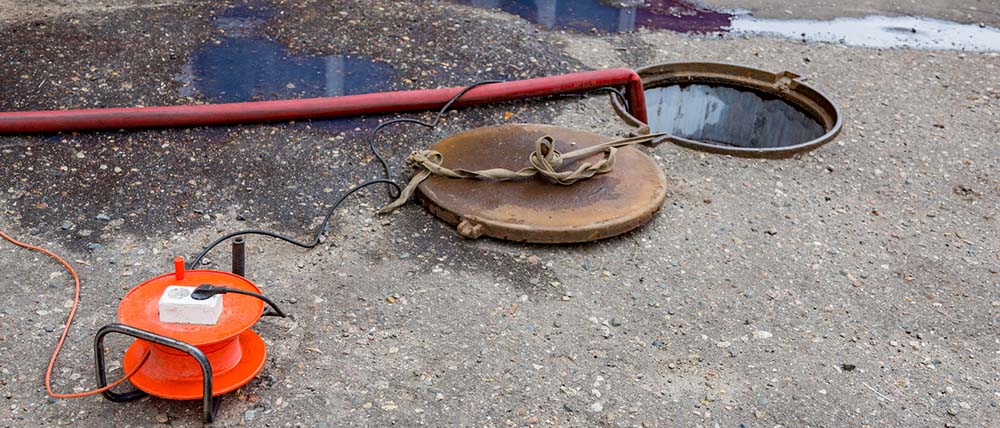Yard waste disposal is an essential task for homeowners who want to maintain a clean and healthy outdoor space. Whether you’re dealing with fallen leaves, grass clippings, or tree branches, proper disposal methods can help you manage waste efficiently while being environmentally friendly. In this guide, we’ll explore the best practices for yard waste disposal, including composting, recycling, and local disposal options.First, let’s understand what qualifies as yard waste. Typically, it includes:
- Grass clippings
- Leaves and foliage
- Small branches and twigs
- Weeds and garden debris
- Stumps and larger tree limbs (may require special handling)
Improper disposal of yard waste can lead to environmental issues, such as clogged storm drains or methane emissions from landfills. Here are some effective ways to handle yard waste responsibly:
- Composting: Turn your yard waste into nutrient-rich compost for your garden. Composting is a sustainable way to recycle organic material and reduce landfill waste.
- Mulching: Use a mulching mower to chop leaves and grass into fine pieces that can decompose naturally on your lawn.
- Curbside Pickup: Many municipalities offer yard waste collection services. Check your local guidelines for pickup schedules and acceptable materials.
- Drop-Off Centers: Some areas have designated facilities where you can drop off yard waste for recycling or composting.
- Burning (Where Permitted): In rural areas, burning may be an option, but always check local regulations and fire safety guidelines.
Composting is one of the most popular methods for yard waste disposal. Here’s how to get started:
- Choose a sunny spot in your yard for your compost bin or pile.
- Layer green materials (grass clippings, vegetable scraps) with brown materials (dry leaves, twigs) to balance nitrogen and carbon.
- Turn the pile regularly to aerate it and speed up decomposition.
- Keep the pile moist but not soggy.
If you’re unable to compost, check if your community has a yard waste recycling program. Many cities collect yard waste separately from regular trash and turn it into mulch or compost for public use.For larger items like tree branches or stumps, consider renting a wood chipper or hiring a professional removal service. These materials can often be repurposed as firewood or ground into mulch.Remember, improper disposal of yard waste can result in fines or harm the environment. Always follow local regulations and explore eco-friendly options to keep your yard clean and green.By adopting these yard waste disposal methods, you can contribute to a healthier environment while maintaining a beautiful outdoor space. Start composting today or take advantage of local recycling programs to make the most of your yard waste!

